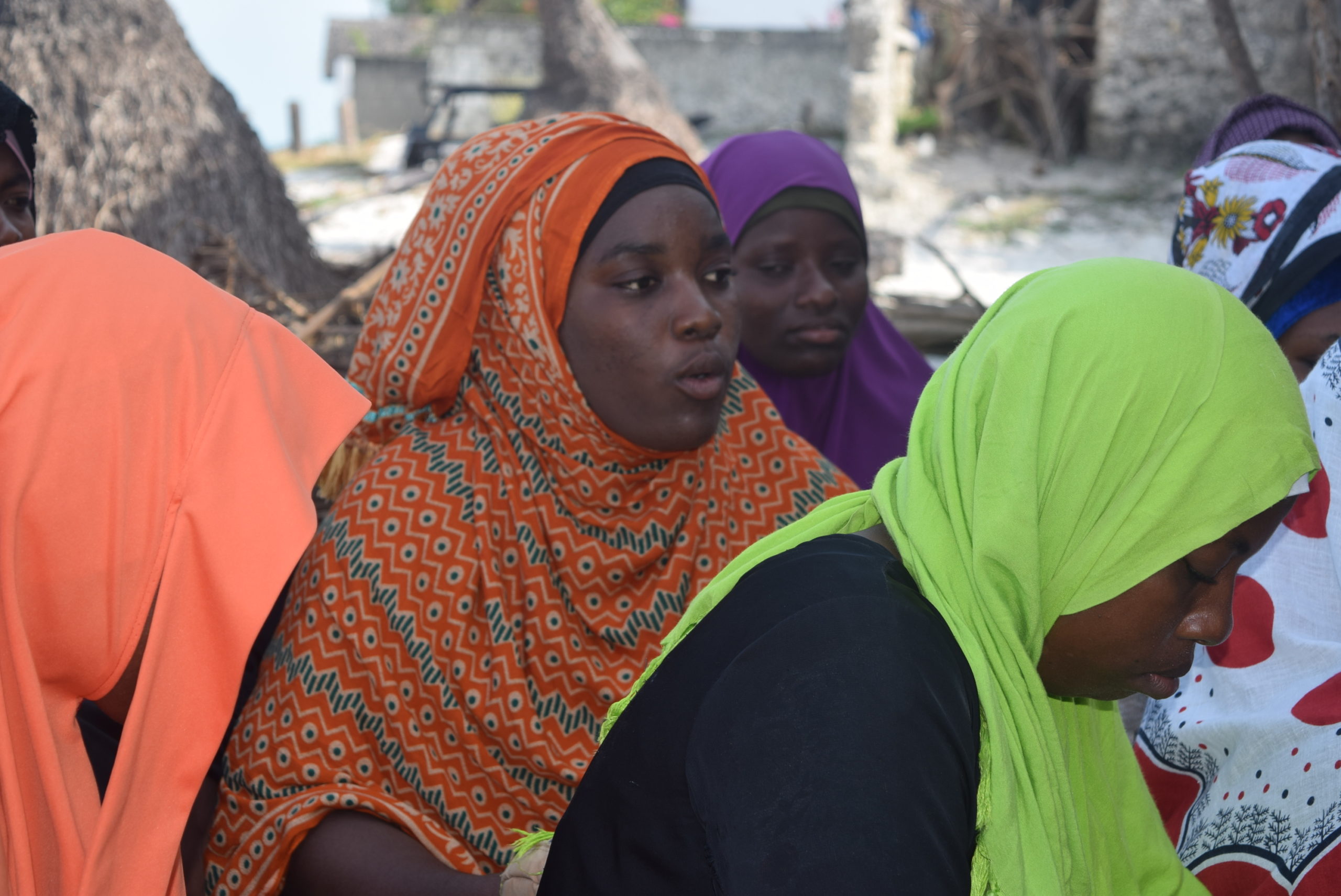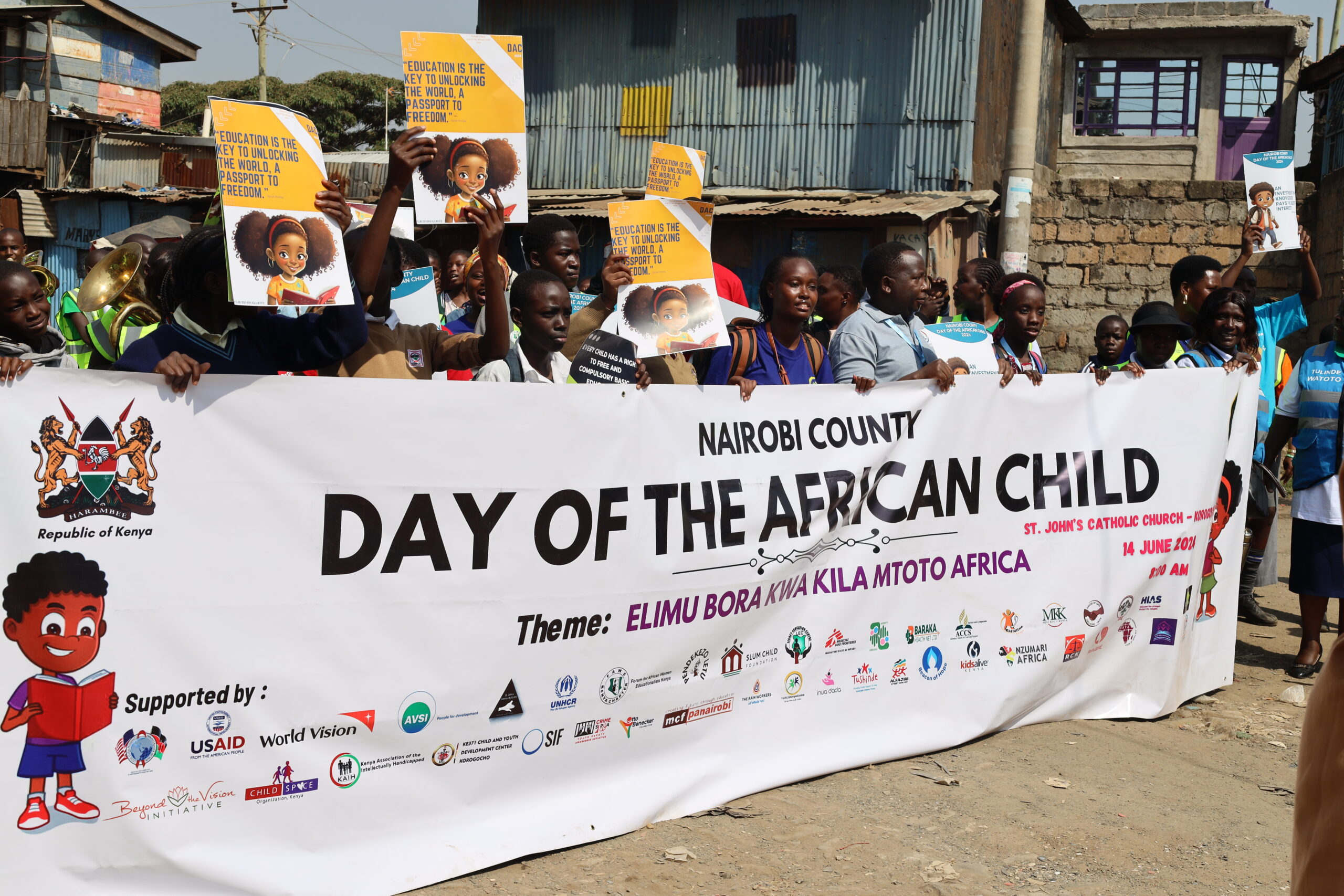Amina Omar Kitwana,
23 years from Matemwe
I completed my form four studies in 2018. Due to financial constraints, I could not further my education and had to stay with my mum and help her raise my siblings. I spent my time learning how to draw, plait hair and sometimes help my mother with chores. Early this year, I came across a Shekha who told me about this training opportunity for young women in seaweed farming. The community Shekhas were looking for young women who were out of school but were interested in acquiring seaweed farming skills. Each Shekha was identifying three girls. I did an interview, passed and was enrolled to the Amani TVET center in Matemwe.
At the center, they taught us the advantages of seaweed farming. The theory bit covered where to find seaweed, various diseases it can cause and how to protect ourselves. We also learnt how to swim as means of self-survival in large masses of water. After two weeks, we delved into practical work where we learnt soap and oil making techniques from seaweed. We were then asked to go practice our newly acquired skills in our communities. The trainers split us into four groups; two in the southern region and two in the northern region. The groups were given start up incentives such as ropes and sticks to set up our farming structures.
Whilst farming at the sea, we experienced a few challenges such as injuries by sea animals. After a few weeks, FAWE Zanzibar purchased our life jackets and shoes to use as protective gear whilst performing our farming activities at the sea.
My friends and I have done some research on how much money we can make from our mature seaweed. We realized we could make hair oil and soap from our small chunks of harvest. For instance, a 300ml bottle of liquid oil will earn us 2000Tshs. We plan to sell our products in homes, villages, markets and hotels. I am optimistic that the money I make out of the sales will help me support my siblings in paying for their tuition fees and schoolbooks. Besides, we are receiving a lot of encouragement from our mothers and community elders to carry on with our farming activities.






Leave A Comment